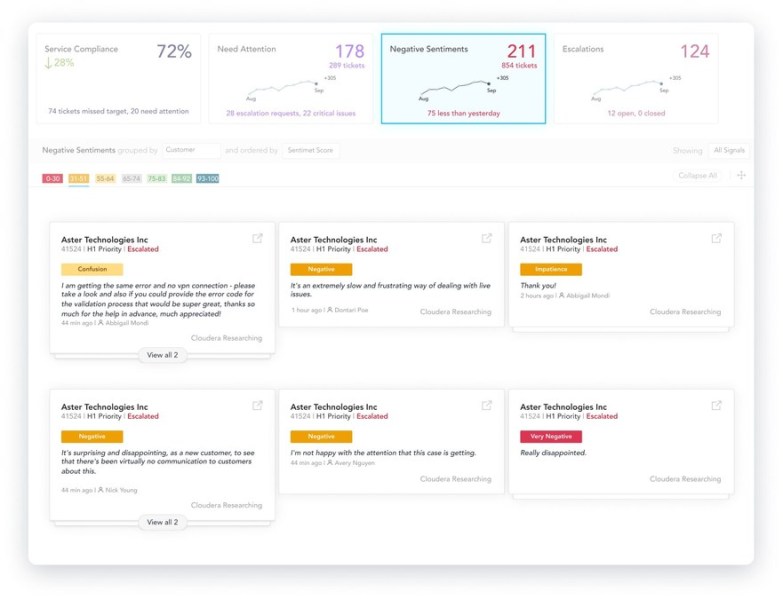
Join gaming leaders on the net at GamesBeat Summit Next this upcoming November 9-10. Learn more about what comes next.
Magic Leap raised $500 million at a $2 billion valuation and unveiled its Magic Leap 2 AR headset for next year.
CEO Peggy Johnson stated on CNBC that some clients are attempting out the new headset and basic availability would come about in 2022.
“This investment is an important step in advancing Magic Leap’s mission to transform the way we work,” stated Johnson, in a statement. “Since joining Magic Leap in 2020, my focus has been on accelerating the company’s shift to the enterprise market, strengthening our technological foundation, and building a robust business across sectors ranging from healthcare and manufacturing to defense and the public sector. With ongoing support from our existing investors, Magic Leap will have greater financial flexibility and the resources needed to continue our growth trajectory as we expand on our industry-leading AR technology.”
Magic Leap has gone via a whirlwind. Founded in 2010 by Rony Abovitz, the enterprise set out to be a pioneer in augmented reality and mixed reality technologies. Abovitz raised $2.6 billion in various rounds and created the Magic Leap One, a mixed reality headset that debuted in August 2018.
Webinar
Three leading investment pros open up about what it requires to get your video game funded.
Watch On Demand
Image Credit: Magic Leap
But sales had been slow for the $2,295 device, as customers didn’t dive into the high priced tech. Finally, in April 2020, Magic Leap decided to shut down its customer division and laid off about 1,000 staff, or half its workforce. In May 2020, Abovitz announced he would replace himself as CEO (even though staying on the board) just as the enterprise got a main lifeline with a $350 million raise.
In September 2020, the board appointed Peggy Johnson as CEO. She’s a a former Microsoft executive, and this was element of a strategy to double down on the enterprise markets. Enterprises are more probably to purchase high priced AR headsets mainly because they can see the worth in applications such as AR instruction, which can be used to replace high priced instruction applications for new staff that can expense tens of thousands of dollars or more.
But there’s a lot of competitors, as there are rivals such as Varjo, Microsoft HoloLens, and ongoing study into competitive goods at areas such as Facebook and Apple. The huge platform businesses are no doubt prepared to invest as substantially as or more than Magic Leap, as AR is one of the contenders to be the next generation of computing.





/cdn.vox-cdn.com/uploads/chorus_asset/file/24371426/236492_MacBook_Pro_16__2023__AKrales_0009.jpg)
